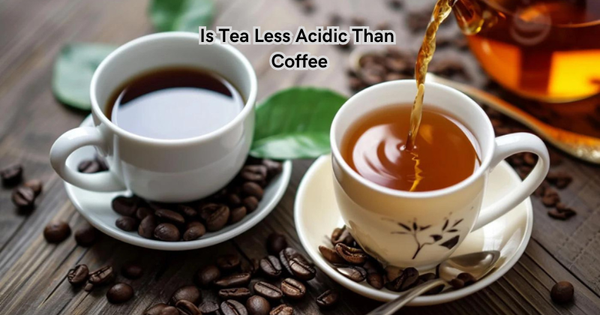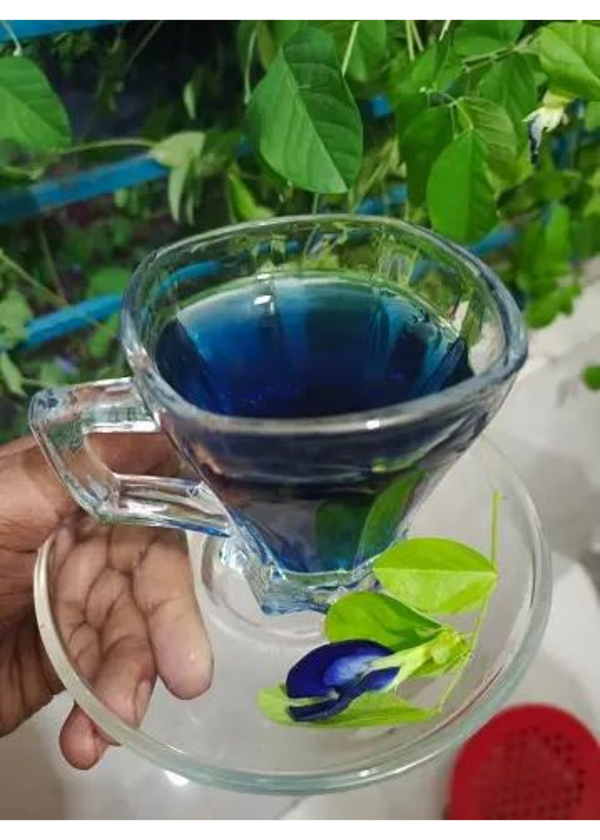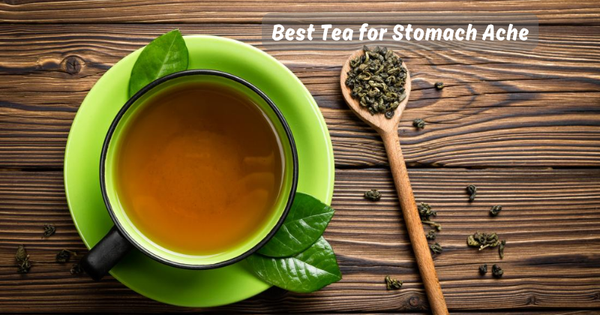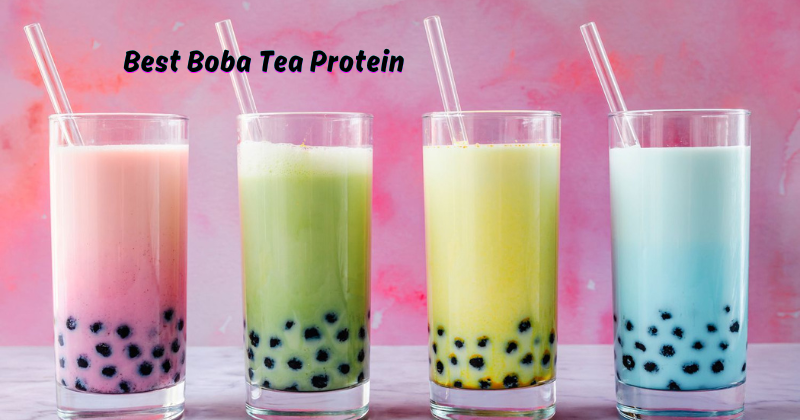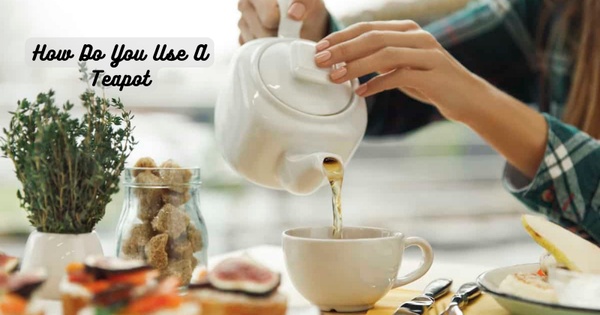Introduction
Are you experiencing cramps? Discovering the best tea for cramps starts here. We'll share teas like ginger and chamomile that are known for relief without overstating their effects. Start soothing your pain with our researched recommendations.
Key Takeaways
- Herbal teas like ginger, chamomile, and peppermint can reduce menstrual cramps, but it's vital to consult your healthcare provider first due to potential interactions with medications.
- Green and black teas contain anti-inflammatory and antispasmodic compounds that might ease period pain, but watch out for caffeine content, which could worsen cramps for some people.
- Complementary therapies such as heat therapy, pressure points, massage, and an anti-inflammatory diet can enhance the cramp-relieving effects of teas for more holistic menstrual pain management.
Unlocking the Power of Herbal Teas for Menstrual Relief
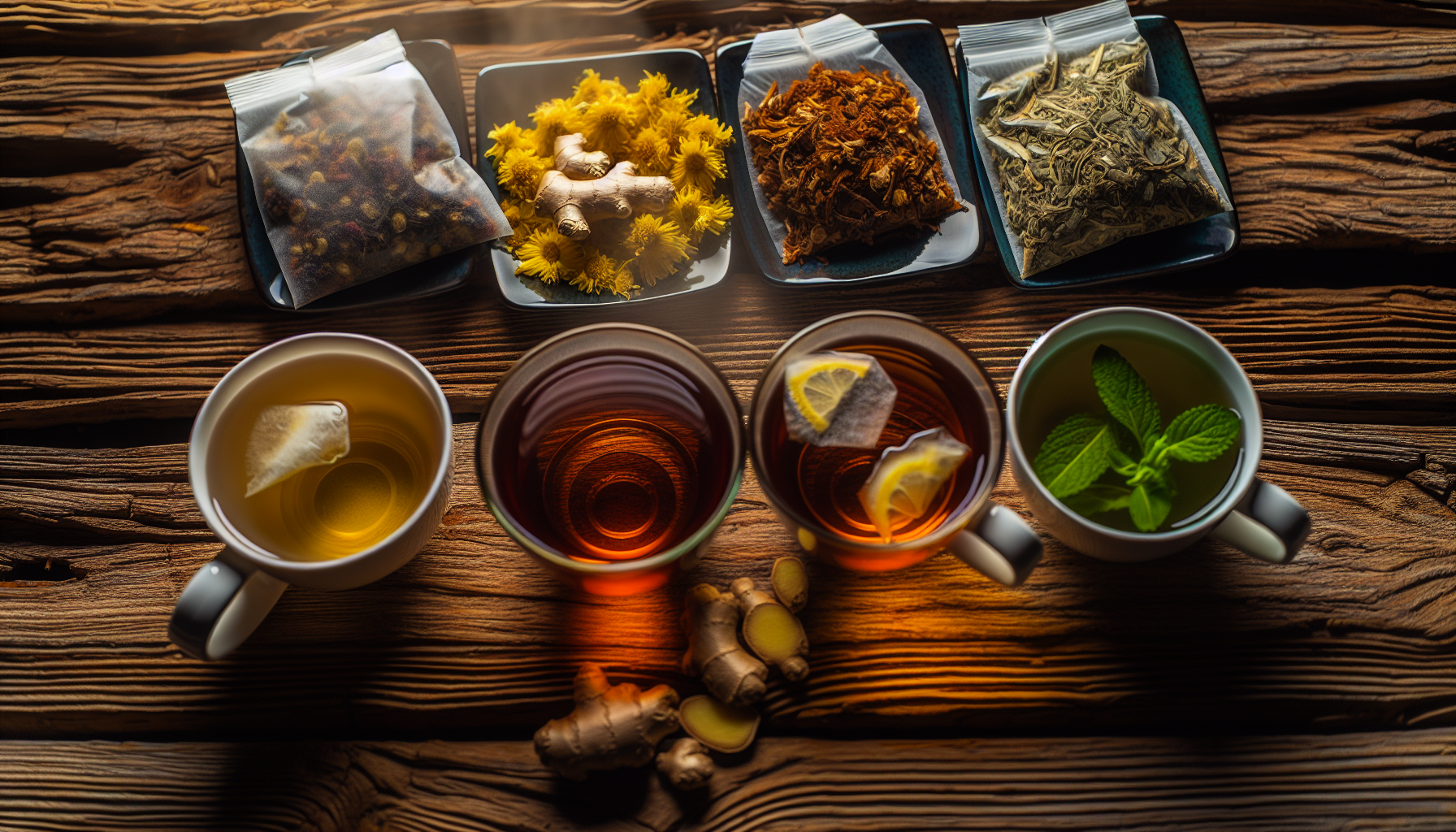
Herbal teas have been a cornerstone of traditional herbal medicine for centuries, providing comfort and many health benefits. Among these benefits, their ability to alleviate painful menstrual cramps is particularly significant. Ginger, chamomile, and peppermint teas, to name a few, have been praised for their capacity to reduce menstrual cramping and make the menstrual cycle a more bearable experience.
However, like other natural remedies, one must cautiously approach these teas. While generally safe, these teas may interact with certain medications or be unsuitable for everyone. Therefore, it's always a good idea to consult your healthcare provider before incorporating herbal teas into your routine to relieve cramps.
Ginger Tea: Nature's Analgesic

Traditional Medicinals Tea, Organic Ginger, Healthy Digestion, Pleasantly Spicy & Warming, 16 Tea Bags
First, consider ginger tea, a natural and tasty tea well-known for its pain-relieving properties. Ginger tea can be a comforting companion during your menstrual cycles, helping to alleviate the discomfort associated with menstrual pain.
But like any remedy, ginger tea isn't for everyone. If you're on anticoagulants or have a history of bleeding disorders, it's best to avoid ginger tea as it can increase the risk of bleeding. While some studies have shown promising results, more research is needed to establish ginger tea's effectiveness in reducing menstrual cramps firmly.
Chamomile Tea: Soothing Comfort for Period Pain
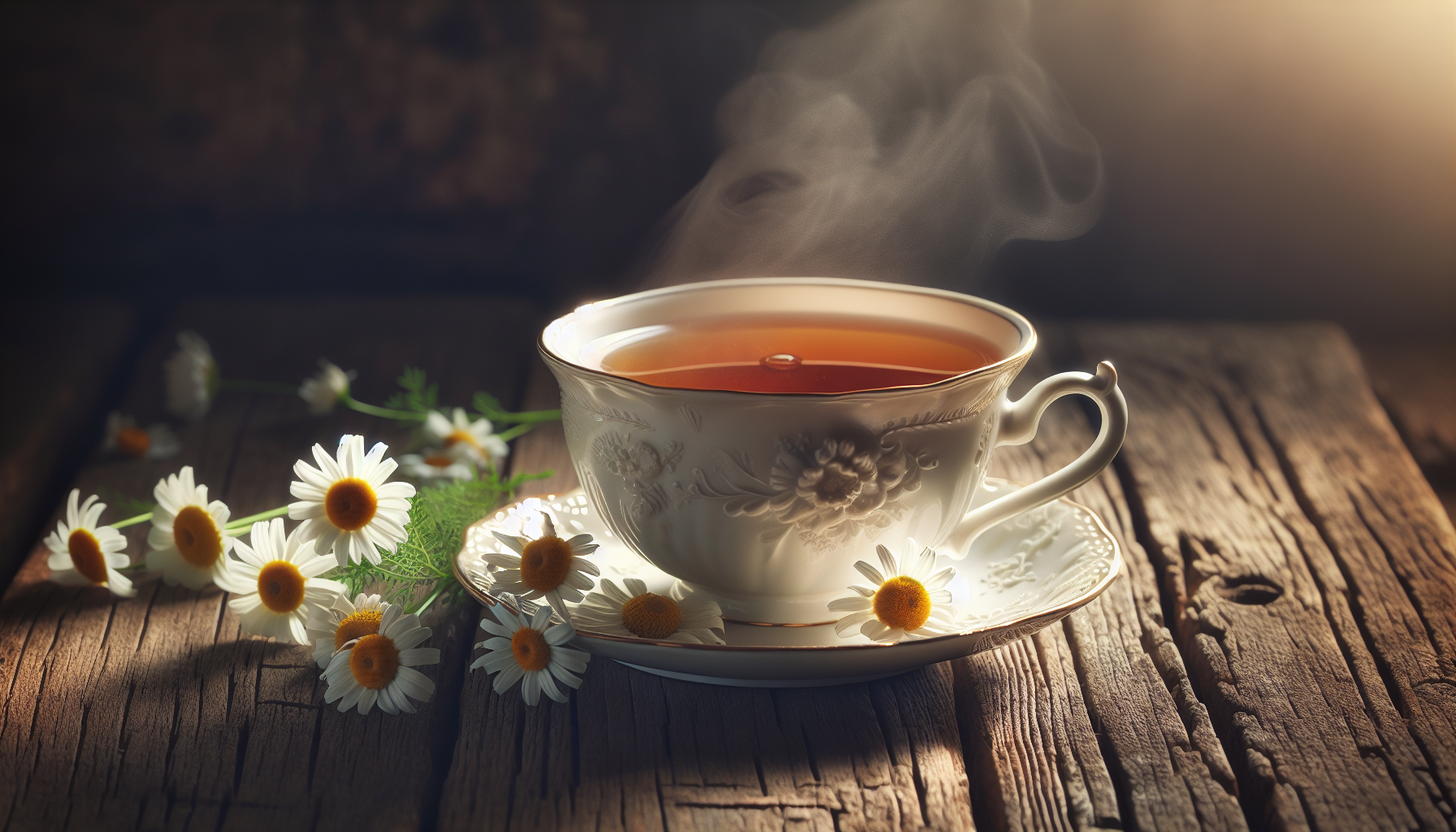
Next on our list is chamomile tea. Known for its soothing properties, chamomile tea is like a soft, comforting blanket for your insides. This herbal remedy not only helps to ease muscle tension and reduce period pain, but it can also aid in improving sleep quality during your menstrual cycle.
Chamomile tea offers a gentle, natural approach to managing painful periods. So, why not consider curling up with a warm cup of chamomile tea next time you deal with menstrual discomfort?
Peppermint Tea: The Cooling Ally Against Cramps
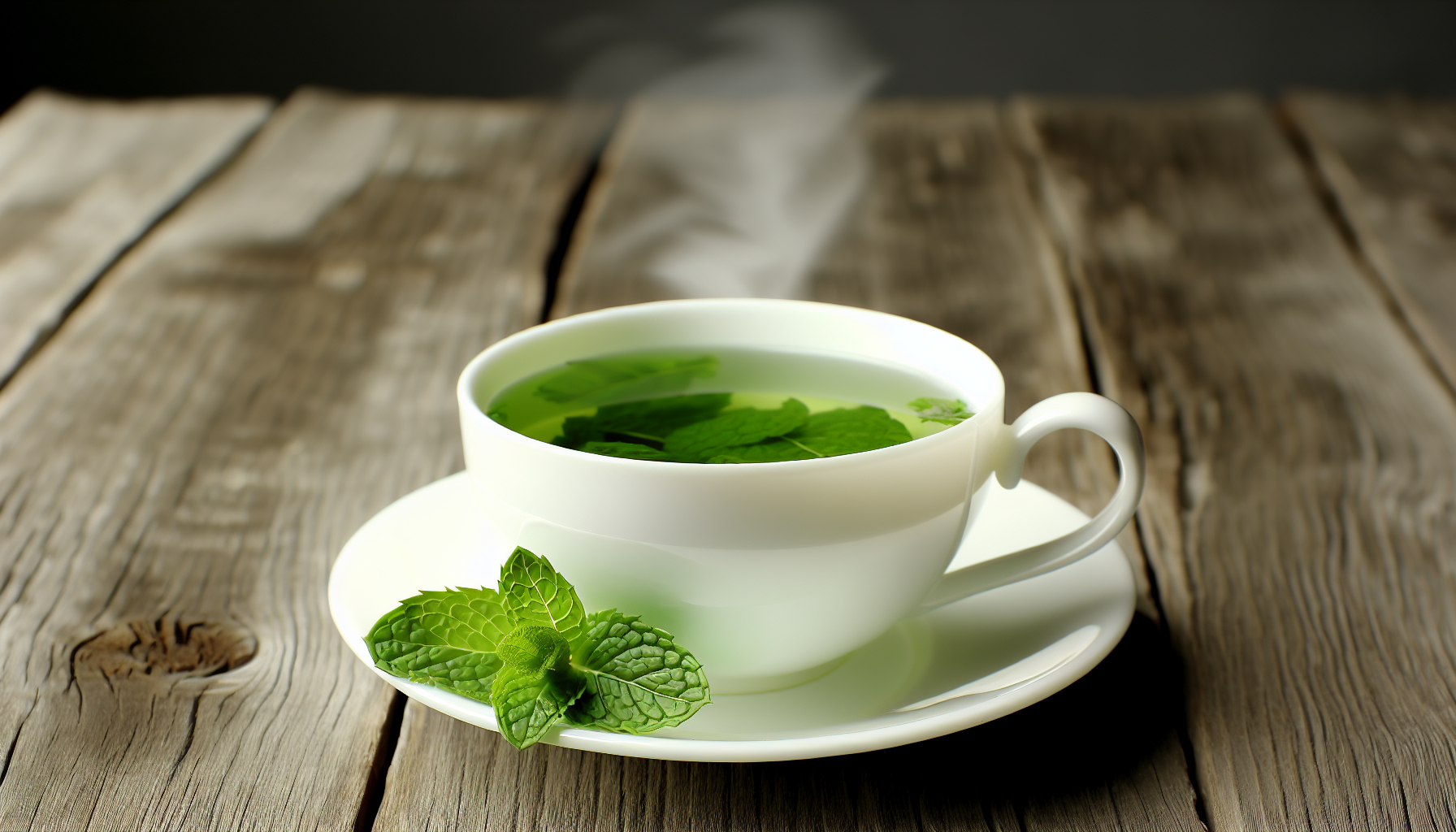
Peppermint tea, known for its refreshing taste and cooling effect, is a worthy addition to your anti-cramp toolkit. The menthol in peppermint tea can help relax smooth muscles, relieving menstrual pain and discomfort.
However, it's important to note that while peppermint tea is generally safe and beneficial for many aspects of health, there's currently insufficient evidence to say that it can definitively relieve menstrual cramps. So, while it's a beautiful addition to your tea collection, peppermint tea should be considered as part of a broader approach to managing menstrual discomfort.
The Role of Green and Black Tea in Menstrual Health
Switching gears from herbal infusions, we focus on green and black tea. Made from the Camellia sinensis plant, these teas contain compounds that may relieve period cramps. For example, the phenolic compounds found in green tea have anti-inflammatory and antispasmodic properties that can help soothe uterine contractions and reduce inflammation, thus easing menstrual pain. Some other benefits of green and black tea include:
- Boosting metabolism
- Improving heart health
- Enhancing brain function
- Lowering the risk of certain types of cancer
These teas can help with period cramps and provide a range of other health benefits.
However, it's worth noting that green tea contains caffeine, which may aggravate cramps in some individuals. Therefore, it's best to approach green tea cautiously if you're sensitive to caffeine or have certain health conditions.
Green Tea: A Gentle Approach to Easing Cramps
Lauded for its numerous health benefits, green tea also promises to ease menstrual cramps. The catechins in green tea, particularly epigallocatechin gallate (EGCG), have been shown to have anti-inflammatory properties and may help alleviate bloating and menstrual discomfort.
So, next time you're dealing with painful menstrual cramps, consider reaching for a warm cup of green tea. It could provide potential relief from discomfort and offer a moment of calm and relaxation amid the storm of your menstrual cycle.
Black Tea: Boosting Blood Flow During Your Cycle
In contrast, black tea provides its own set of unique benefits during menstruation. With compounds that support healthy blood vessels, black tea may help improve blood flow during your menstrual cycle, potentially reducing the severity of cramps.
However, like green tea, black tea also contains caffeine, which may exacerbate cramps in some individuals. Therefore, it's essential to consider your tolerance to caffeine when deciding whether to incorporate black tea into your menstrual health routine.
Cinnamon Tea: Spicy Relief for Menstrual Discomfort
Now, let's consider the spicy comfort of cinnamon tea! This flavorful brew is rich in antioxidants that can help reduce inflammation and bloating during your menstrual cycle, offering a tasty way to combat menstrual discomfort.
Despite the anecdotal evidence, it's important to note that research on cinnamon tea's effectiveness in reducing menstrual cramps is still limited. So, while it may be a delicious addition to your tea collection, it's essential to maintain a balanced perspective on its potential benefits.
Fennel Tea: An Ancient Remedy for Modern Cramps

HANDPICK, Fennel Tea Bags (100 Herbal Tea Bags) Caffeine Free, Gluten Free & Non GMO
Delving deeper into the world of herbal remedies, we encounter fennel tea. Fennel tea is an ancient remedy for modern cramps, known for its antispasmodic and anti-inflammatory properties that can help soothe uterine contractions and ease menstrual cramps.
However, like many other herbal remedies, fennel tea isn't suitable for everyone. Pregnant individuals or those with specific allergies may need to avoid it. As always, it's best to consult a healthcare provider before introducing new herbal remedies into your routine.
Red Raspberry Leaf Tea: Controversial Yet Promising

Earth Mama Organic Raspberry Leaf Tea Bags | Labor Tonic & Menstrual Support Herbal Tea
Next, we enter a contentious area with red raspberry leaf tea. Despite its long history of use for menstrual health, scientific evidence regarding its effectiveness remains scarce. While it's believed to tone the uterus and ease menstrual cramps, limited research backs these claims.
So, while the debate continues, it's essential to approach red raspberry leaf tea with an open mind and a healthy dose of skepticism. And remember, what works for one person may not work for another, so it's always best to find what works for you.
Unique Blends and Lesser-Known Teas
Continuing our exploration of teas for menstrual cramps, we now consider some unique blends and less common teas. From the balance of relaxation and energy offered by oolong tea to the soothing floral notes of lavender tea, these teas provide a refreshing break from the norm and a chance to expand your repertoire.
While these teas may not be as widely recognized for their menstrual relief properties, they still offer a wealth of potential health benefits and can make a flavorful addition to your menstrual health toolkit.
Oolong Tea: The Balance Between Relaxation and Energy
Striking a balance between relaxation and energy, oolong tea is a promising option for menstrual cramp relief. Some studies indicate that oolong tea might help alleviate menstrual pain, although it may not be as effective as green tea. Still, its unique flavor and potential health benefits make it worth considering.
So, next time your period rolls around, why not try brewing a cup of oolong tea? It could offer a refreshing change of pace and a new way to combat menstrual discomfort.
Lavender Tea: Floral Taste and Muscle Relaxation
Offering a sensory delight with its calming aroma and floral taste, lavender tea also hints at potential relief from menstrual cramps. By helping to relax the nervous system, lavender tea may help to ease the pain associated with menstrual cramps.
However, as with all natural remedies, it's important to remember that everyone's body responds differently. While lavender tea may be a soothing addition to your menstrual health routine, listening to your body and finding what works best for you is essential.
Buyer's Guide
Buyer's Guide: Complementary Therapies: Enhancing Tea's Effectiveness
Although tea is a potent weapon against menstrual discomfort, combining it with complementary therapies can elevate its effectiveness. From heat therapy to pressure points and massage, these techniques can enhance the cramp-relieving effects of tea, providing a holistic approach to managing menstrual pain.
So, next time you're sipping your favorite menstrual relief tea, why not try combining it with one of these complementary therapies? You might find they work in harmony to provide even more significant relief.
Warm Cup, Warm Belly: Heat Therapy for Cramp Relief
Heat therapy, such as heating pads or warm compresses, can significantly reduce menstrual cramps. By relaxing the muscles and improving blood flow, heat therapy can enhance the cramp-relieving effects of tea, providing a soothing, warming comfort that can help ease menstrual discomfort.
Whether you choose an electric heating pad, a hot water bottle, or a microwaveable pad, applying heat to your lower abdomen while sipping your favorite tea can provide a potent combination for combating menstrual pain.
Pressure Points and Massage: Manual Methods to Ease Cramps
The practice of pressure points and massage provides a direct, tactile approach to painful cramps relief, especially during menstruation. When combined with tea consumption, these manual methods can relieve muscles by relaxing muscles and increasing circulation.
Remember to be gentle and listen to your body, whether you focus on specific pressure points or opt for a general massage. As always, it's best to consult a healthcare professional with any health concerns.
Anti-Inflammatory Diet: Foods That Support Menstrual Health
Our dietary choices greatly influence our menstrual health. An anti-inflammatory diet rich in fruits, vegetables, and whole grains can support menstrual health and complement the benefits of tea for menstrual cramp relief.
An anti-inflammatory diet can help manage premenstrual symptoms and reduce menstrual pain by lowering inflammation. So, why not pair your favorite menstrual relief tea with a meal rich in anti-inflammatory foods for a comprehensive approach to menstrual health?
FAQs: Best Tea for Cramps
What tea is best for period cramps?
Chamomile, ginger, green tea, fennel, cinnamon, and French maritime pine bark extract are considered helpful in alleviating menstrual cramps. These teas have been found to reduce discomfort during your period.
What is the best thing to drink for cramps?
Plenty of water is the best drink for cramps, as it helps with bloating and muscle relaxation, and staying well-hydrated is essential for reducing muscle cramps. You can also consider adding sources of electrolytes, such as broth or an electrolyte drink.
Is chamomile or peppermint tea better for period cramps?
Chamomile tea is better for period cramps because it has anti-inflammatory and antispasmodic properties that can help relieve menstrual cramps.
What tea makes your period lighter?
Try drinking cinnamon tea to decrease your menstrual bleeding potentially. A study found that women who took 420 mg of cinnamon reported lighter menstrual bleeding.
Can all teas help with menstrual cramps?
No, not all teas can help with menstrual cramps. Herbal teas like ginger, chamomile, and peppermint are known for their ability to relieve menstrual discomfort.
Conclusion
As we've seen, the world of teas and complementary therapies offers many options for managing menstrual cramps. From the classic comfort of chamomile to the spicy relief of cinnamon, the soothing coolness of peppermint to the relaxation and energy balance of oolong, there's a brew out there for every individual and every cycle. Remember to consult a healthcare professional before introducing new remedies into your routine, and listen to your body to find what works best for you.
Don't forget to tap the button to check the best prices for the Best Tea for Cramps on Amazon today.









